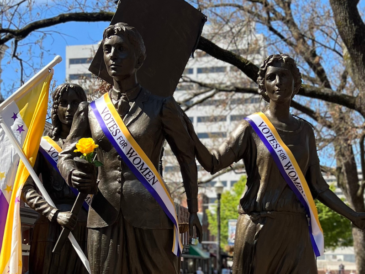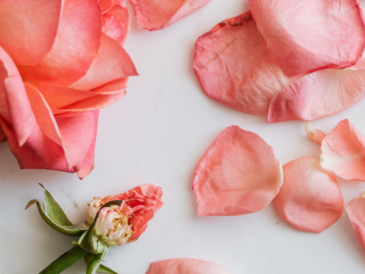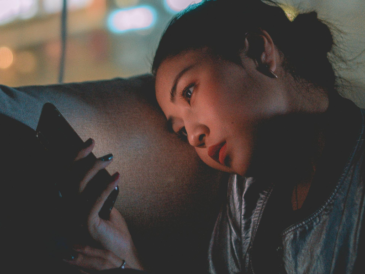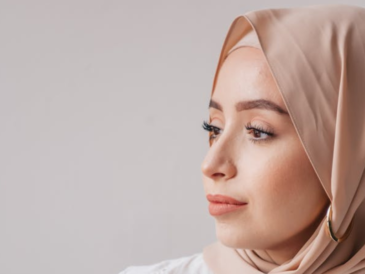Photos taken from Pexels
Adults went crazy for Halloween in 1973 when the trend of risqué costumes consisting of nothing more than lingerie paired with glitter or blood began. Large candy corporations saw an opportunity to broaden their target audience beyond children. After New York City’s first annual Halloween parade, the large scale adult Halloween market was born.
October 31st, 2022 marks the parade's 49th anniversary. To celebrate participants are encouraged to dress in costumes that embody the phrase freedom. Ironically, Halloween in recent years has been criticized by feminists due to the lack of freedom women have been given. Particularly when dealing with their costumes.
As a result of the sexual revolution, the Civil Rights movement, and the Gay Liberation Movement, the 1970s became a period of liberation for many people who had been treated unequally.
After joining the workforce, women on a large scale began to realize that they had more to offer than only bearing children. In the 1960s, feminist leaders, such as Gloria Steinem and Betty Friedan fought for the liberation of women from patriarchal beliefs.
To advocate for their own as well as others’ sexual freedom these women published investigative articles, such as Gloria Steinem's book “A Bunny’s Tail” and Betty Friedan's book “The Feminine Mystique”. They also formed national organizations such as the NOW which works with legislation to achieve equal rights for women, particularly in the workforce. Women of all backgrounds joined the revolution by wearing less clothing to demonstrate that they owned their bodies.
Today, Halloween is a perfect example of women owning their sexuality. As Cady Heron in the blockbuster movie Mean Girls once said, “In Girl World, Halloween is the one day a year when a girl can dress up like a total slut and no other girls can say anything else about it.” However, this new found liberation coincided with an expectation to dress provocatively on Halloween to fit in.
Although the expectation to dress risqué for Halloween exists, slut shaming, discriminatory attitudes towards sexual assault victims, and divorce rates skyrocketed after the liberation of the 1970s.
Lily Fox, a Pre-law major at the University of Tennessee, shared her frustration.
“Costumes can be an expression of one's own confidence and personality. However, women are still shamed for these costumes even though they have been normalized primarily by the capitalist market for men’s own desires,” Fox said.
According to the Forbes article “Women Don’t wear masks: Gender Differences In Halloween Costumes And Why They Matter,” after examining 16,000 costumes they found that the “women’s costumes were more revealing and tight, and that women are left with few choices if they don’t want to take the sexy route on Halloween” (Elsesser, 2019).
A biology student at the University of Tennessee Knoxville, Caitlin Smith, shares her struggle with the issue of revealing Halloween costumes.
“I, like many other girls, feel I must conform to the expectations of dressing sexy on Halloween. I think that society has normalized it so much that by showing less skin you are drawing more attention to yourself,” Smith said.
Statistically the differences in men and womens costumes are drastic. Only 16% of men's costumes show skin while 88% of womens costumes do, and 28% of mens costumes were labeled as being tight and in comparison 93% of womens were (Elsesser, 2019).
There is also concern when looking statistically at comparing boys’ and girls’ costumes as well. When looking at commercialized boys' costumes 1% showed skin and 5% were labeled as being tight. While 68% of girls' costumes showed skin and 49% were labeled as being tight. Women, from a young age, are being conditioned to dress sexy on Halloween and markets continue to normalize it. (Elsesser, 2019).
“It feels backwards to think this way because in prior decades you were ostracized for showing off your body,” Smith said.
Halloween has been capitalized on by large corporations for decades. This has led to a societal discourse where it is an expectation to dress sexy on Halloween but in doing so leaves a woman with a distasteful reputation. To combat these issues women should use Halloween as it is intended, a celebration of individual freedom and an outlet to be whomever we choose.
Sources:





